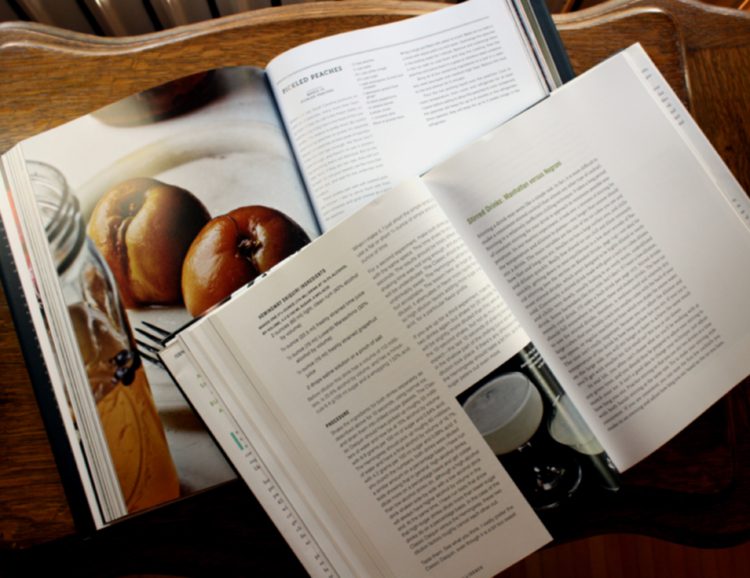Lost in translation
July 1, 2020 by DarcieHow many cookbooks do you have that are written in another language? How many others that began life in another language but were translated to English? If you have a large enough cookbook collection, you might have a handful of books that aren’t in your native tongue, but most of us only have cookbooks in one language, and for most readers of this site, that language is English. The fact that so few cookbooks are translated means we are missing out on a tremendous amount of food knowledge and culture, says food writer Alicia Kennedy. She asks an important question: “If we’re going to spend so much time talking about how food unites the world, wouldn’t it be sensible to make translation a part of that exchange?”

Kennedy notes that translating cookbooks could clear up a lot of misconceptions or ignorance about ingredients. Consider the recent NY Times article on durian, and how differently that subject would be treated if written about by someone from a culture that has an intimate relationship with the fruit. Having cookbooks from a cuisine written by someone who is fluent in the language of the area also opens up so many possibilities we don’t have now due to language constraints. Very few magazines or books in general are translated into English – less than 3% overall – and fewer still of cookbooks and cooking magazines.
While Kennedy does find a few bright spots such as Whetstone magazine, the bilingual English-Spanish publication Huellas, Goya Journal in India, and an upcoming bilingual newsletter/zine from Buenos Aires–based food writer Kevin Vaughn called Matambre, she sees vast room for improvement. Kennedy notes that there are plenty of translators available for work and scores of writers who would love to have a larger audience, and wonders “how much more accurately would the culinary world be depicted if we let people speak in the language that allows them to say what they want, not just what they can?”
Categories
- All Posts (6940)
- Antipasto (2135)
- Author Articles (247)
- Book News (935)
- Cookbook Giveaways (983)
- Cookbook Lovers (257)
- Cooking Tips (109)
- Culinary News (299)
- Food Biz People (552)
- Food Online (791)
- Holidays & Celebrations (272)
- New Cookbooks (149)
- Recipes (1500)
- Shelf Life With Susie (231)
- What's New on EYB (133)
Archives
Latest Comments
- kmwyman on Rooza by Nadiya Hussain – Cookbook Review and Giveaway
- Maryd8822 on The Golden Wok – Cookbook Giveaway
- Dendav on Danube Cookbook Review and Giveaway
- sanfrannative on Rooza by Nadiya Hussain – Cookbook Review and Giveaway
- darty on Danube Cookbook Review and Giveaway
- Atroyer7 on Danube Cookbook Review and Giveaway
- demomcook on What foods do you look forward to the most for each season?
- demomcook on Danube Cookbook Review and Giveaway
- Darcie on How cookbooks can help build resilience
- mholson3 on Danube Cookbook Review and Giveaway